2022 Accelerated BSN enrollment ties 2021 record
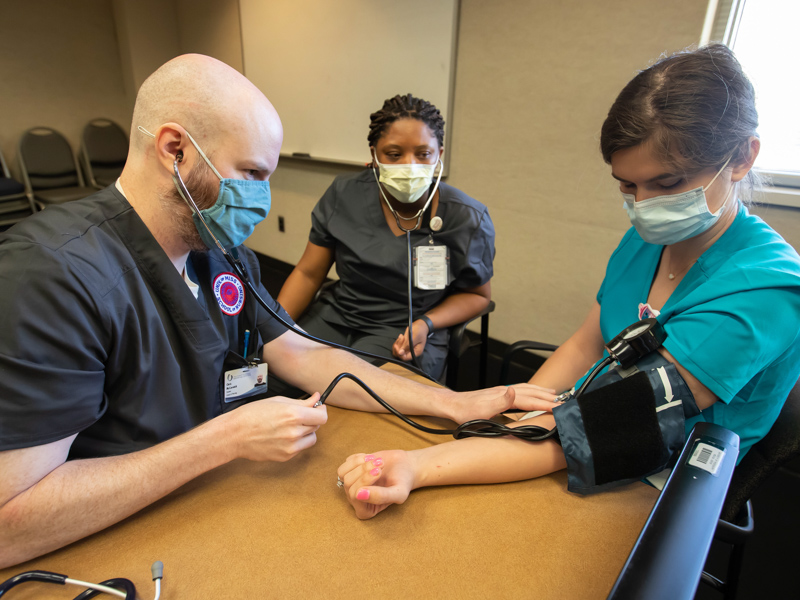
2021’s record number of Accelerated BSN students answering the call of nursing is holding steady this year at the University of Mississippi Medical Center.
This year’s enrollment of 70 students in the program on the UMMC campus matches the record of 70 set in 2021. Another 60 Accelerated BSN students are studying on the University of Mississippi campus in Oxford.
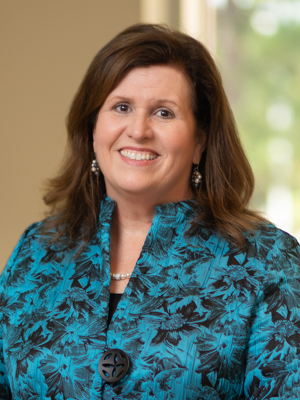
Those numbers are a testament to nursing students’ dedication to care, said Dr. Julie Sanford, dean of the School of Nursing.
“We are so proud of our recent Accelerated BSN graduates and our current Accelerated BSN students,” Sanford said. “In spite of COVID-19, or because of it, they’ve felt called to become nurses.”
Jessica Hern was inspired to begin the intense program when her husband, John Bryant, was a patient at UMMC. “Seeing the care he received from his nurses here made me want to become an RN,” she said. “I want to provide patients with that level of care.”
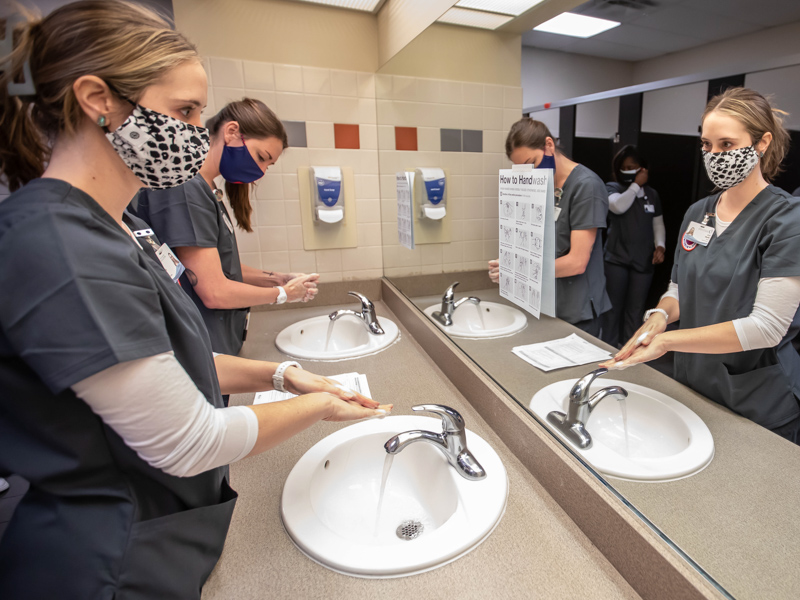
Dr. Chelsey Andries, assistant professor of nursing and director of the program, said Accelerated BSN is a fast lane into a career in nursing, providing in-depth training and preparation.
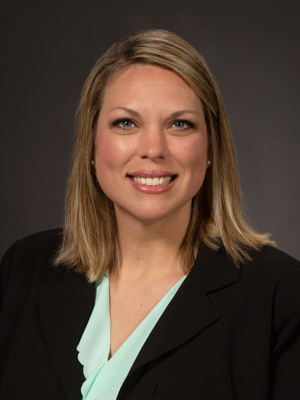
“The ABSN program offers an excellent avenue for students with previous bachelor’s degrees who wish to change career paths to obtain their BSN in one year,” Andries said. “The ABSN program is also offered on the UMMC campus and the Ole Miss campus in Oxford, which helps reach more students interested in the program.”
High enrollment at UMMC and Ole Miss is part of a national trend, Andries said.
“There is increased enrollment in nursing programs nationwide,” she said. “People see the impact nurses are making during the pandemic and want the opportunity and challenge of helping.”
The Accelerated BSN program is an immersive program for students who have baccalaureate degrees in other areas. In their second week, students on the UMMC campus were learning how to check vital signs such as heart rate, blood pressure and respiration rate as well as height, weight and BMI and eyesight.
“The students are well prepared for nursing practice when they graduate because they are immersed in class, skills lab, simulation, and clinical from day 1,” Andries said. “These students learn using a team-based learning methodology, and then take what they learned in class to the skills lab and simulation for hands-on practice and application. Toward the middle of the first semester, they participate in faculty-led clinical for a few shifts, and then work with nurse preceptors one on one in various areas for the remainder of the program.”
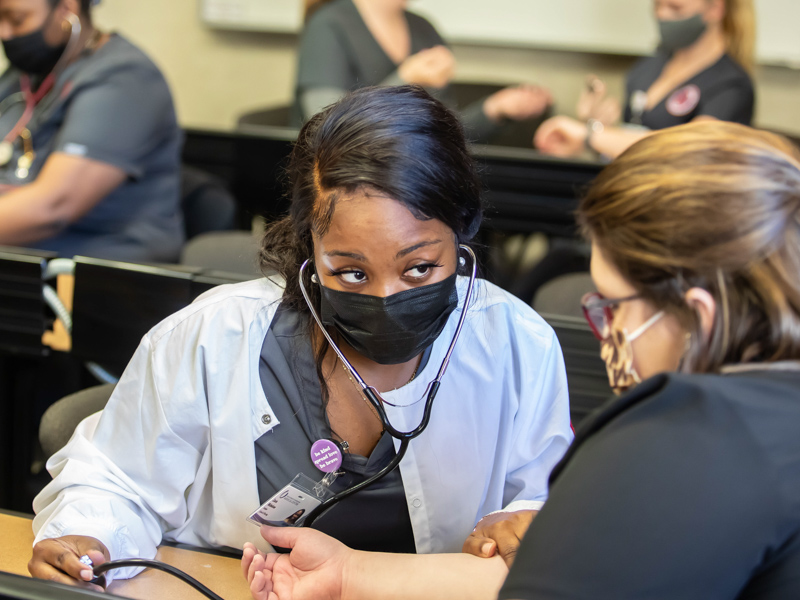
Accelerated BSN student Zoria Nicholson was drawn to the program after an Alcorn classmate enrolled. “I kept up with her and loved how she was interacting with faculty. I could tell that the instructors here care about their students and their education.”
De’jai Nichols is launching her nursing career at UMMC, where she works as a medical technologist in the hospital’s laboratory area.
“As part of my job, I see test results,” she said, “but as a nurse, I would see the whole scope of patient care.”
The alternate route ABSN students take can add to their knowledge, Andries said.
“The ABSN program brings in great students that have encountered many life experiences, which help shape them into excellent nurses,” she said.
Hern, Nicholson, Nichols and their classmates can lessen the shortage of nurses facing the state, Andries said.
“I am excited to see our record enrollment's impact on the nursing shortage,” she said, “With approximately 130 graduates in one year, the ABSN program is part of the solution.”


